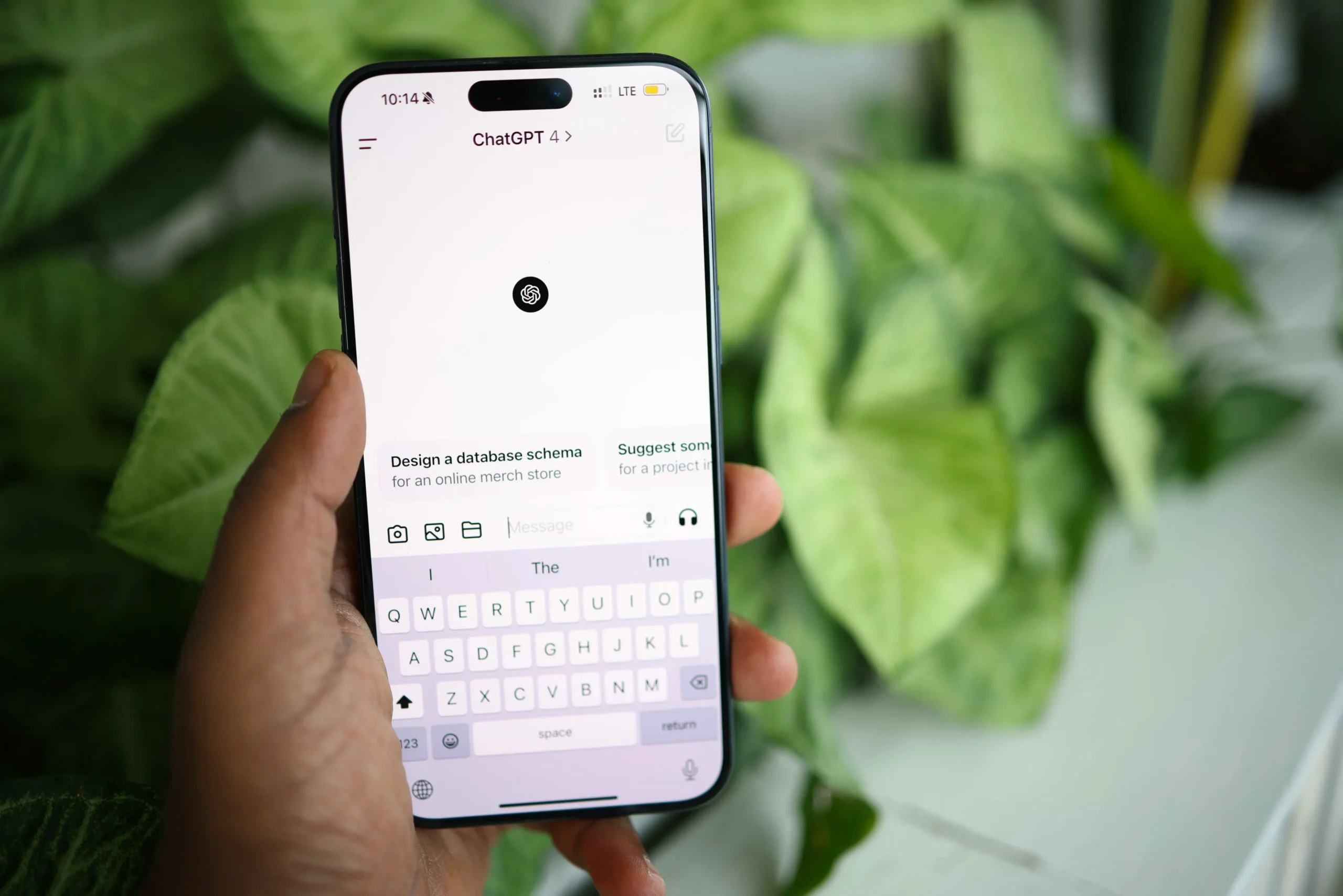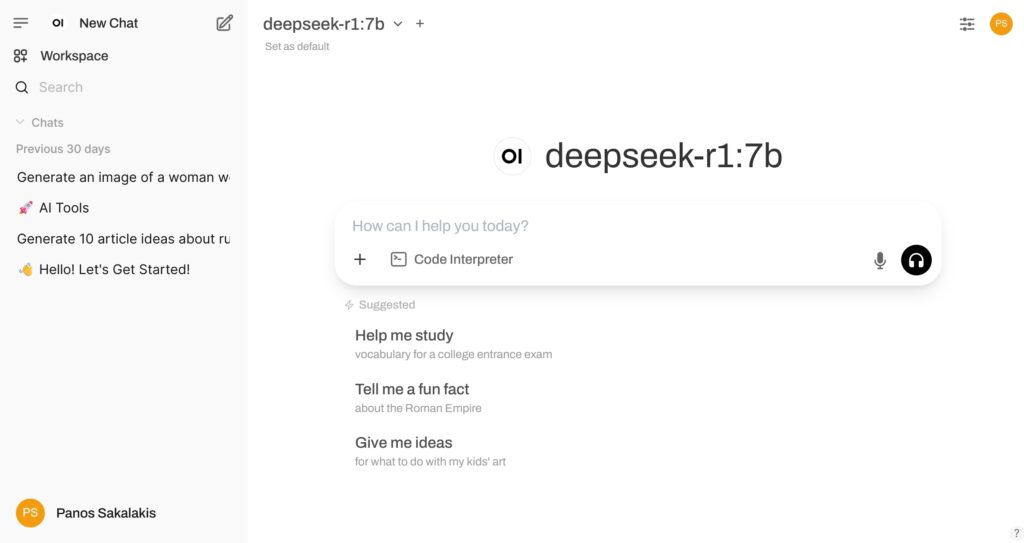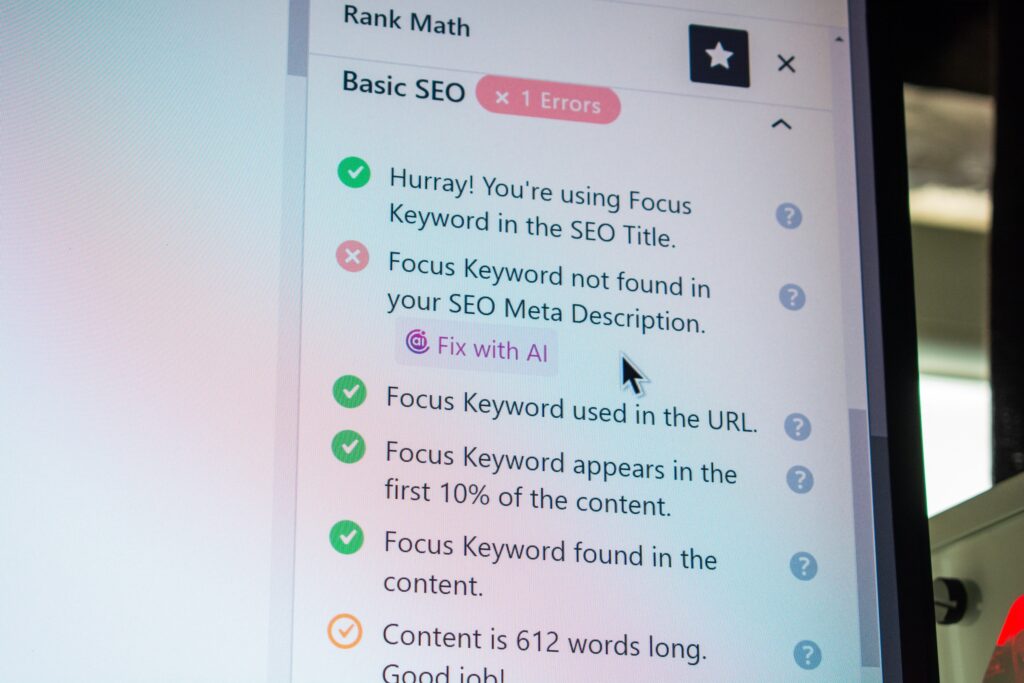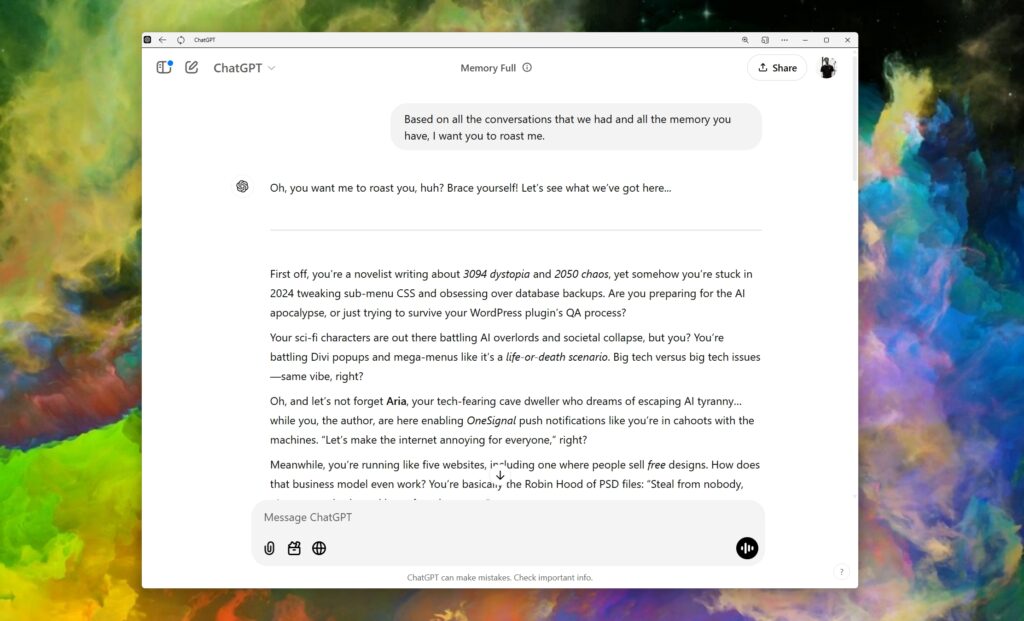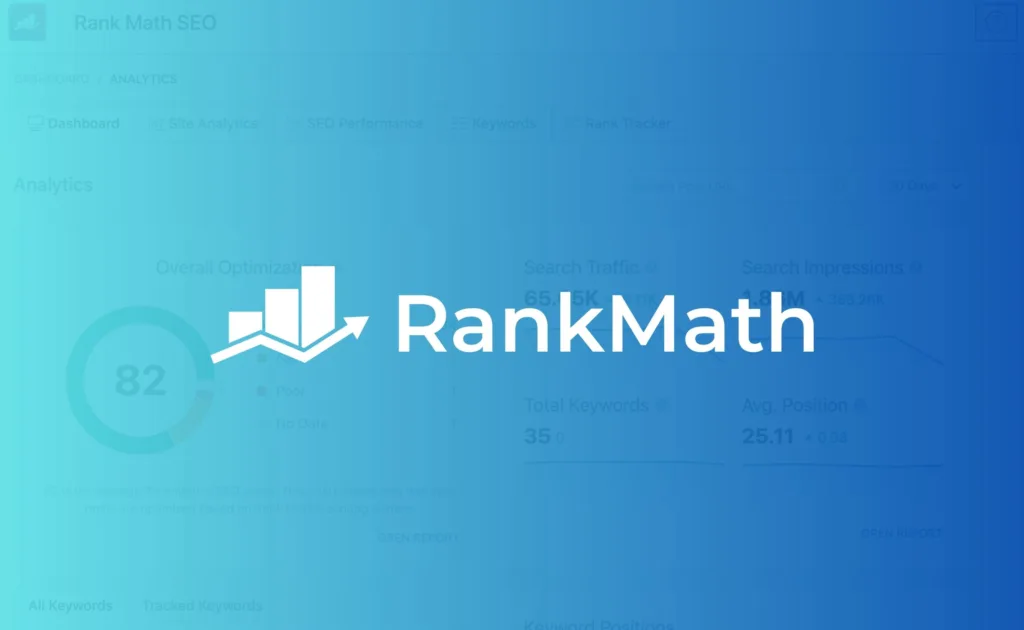It’s 2024, and people are already constantly using many different AI chatbots that can help them write, optimize, and auto-correct their content. Unfortunately, I am seeing a big wave of website owners reporting that their organic traffic has dropped significantly, and all I see on their sites is AI-generated content.
Many SEO experts were expecting a new Google algorithm update that would eventually either totally remove all AI-generated content from research results or categorize it in a different section. The latter didn’t happen, but the first already did.
How it all started with ChatGPT and Google’s new algorithm updates
When OpenAI first released ChatGPT, I got a few messages from some of my clients, and believe it or not, they were all the same; “Panos, look at my product descriptions, I think you’ll be left amazed by the work I did”. When I looked at their product descriptions, titles, and all the changes they’ve made, I immediately asked them if it was the work of ChatGPT.
Most of them used ChatGPT to write their descriptions, and they even asked the AI bot to optimize its replies for search engines, most specifically for Google. The first thing that I did was to send an email, letting all my clients know that the use of AI-generated content could destroy their SEO strategies in the very near future, so I politely asked them to stop using such tools and manually create their content as they always did.
Most of my clients not only stopped using AI tools, but they also removed the AI-generated content from their products (or articles, for that matter). Some of them didn’t though, as they thought they were smarter than Google, Bing, and all the SEO experts who quickly figured out what was going on.
Creating content in minutes without thinking or writing? Leaving the AI chatbots to write everything for you and then just make some quick changes to the content thinking that you’ve now created something unique? Pasting your articles to ChatGPT and CoPilot for auto-correction and SEO optimization?
Those are all the wrong choices, and thankfully, Google has quickly found out how to find these types of content and simply drop them from the top unpaid results. That’s what’s been happening the last few days, with many reporting small to big drops in their organic traffic after Google’s latest algorithm update.
With a quick look at their content, you can see that any of the articles, products, reviews, and so on, that lost their rankings, were AI-generated content from some kind of an AI chatbot.
Google probably knows if you’re using AI-generated content
Even long before AI chatbots were released to the public, people thought they could outsmart Google, Bing, and any other search engine. And some of them did, for quite some time, but that didn’t keep them in the top forever.
All of those companies have some of the smartest developers in the world working on improving the algorithm and making it as smart as it can possibly get, and that means automatically finding and removing AI-generated, non-important-to-the-question, and spammy content from their search results.
Think about it; Google has created and released Gemini, its own family of multimodal large language models (developed by Google DeepMind). It’s very similar to ChatGPT, Microsoft CoPilot, and other typical AI chatbots, letting users ask questions and receive AI-generated replies.
Google Gemini can also write and optimize your content, as other AI chatbots are currently doing, so my thought is that it can also understand when content has been manipulated in any way from other AI tools, and when it’s fully AI-generated. So why wouldn’t they implement those changes to their search engine’s algorithm and better understand when content is user or AI-generated?
That’s what’s been going on lately with Google’s latest algorithm updates, which made tons of website owners see their rankings go down within days. Besides the AI-generated content though, you can find many articles, blog posts, and other types of content that have been also seeing a decrease in their rankings, but with a better look, the content itself it’s not that good.
Based on many websites that I currently manage for my clients, the ones that didn’t get negatively affected by those algorithm updates were the ones that didn’t use AI chatbots to generate their content.
The problem with most recommendations you get from SEO tools
What if I tell you that there’s one simple and very common mistake that most website owners make when it comes to optimizing their content for SEO, and they don’t even know it? It’s what we call “Self-spamming your own web pages“, or simply “Keyword Stuffing”. Unfortunately, most content creators have no clue about how SEO actually works, and they’ll strictly follow the tips and recommendations they get from popular SEO tools.
Here’s the thing; Well-known and popular SEO tools such as Rank Math SEO are great when it comes to optimizing your website and content for search engines, but they’re not perfect. They’ll recommend basic optimization tips to improve your rankings, but that’s how far you’re going to get with using them. Even if you get a score of 100/100 for your blog posts, that doesn’t mean they are going to rank better.
I have many articles that are currently appearing in Google’s top unpaid search results, some of them even being featured with a “How-To” or “Q&A” snippet as the first result, and they get a low score of 48/100 or 56/100 from SEO tools. Some of them didn’t even have the main keyword added in the first paragraph or in any headings, but that didn’t stop them from ranking a whole lot better than other articles that were fully optimized.
Everyone is trying so hard and all using the same techniques when it comes to optimizing their content for search engines; Put their keywords in the title, URL, description, H2/H3/H4/H5/H6 headings, image ALT, inside the paragraphs, and so on. Put simply, most of them are over-optimizing their websites for SEO, which is bad.
Conclusion: AI-generated content, spammy tactics, and keyword stuffing won’t get you far
If everyone is doing the same thing, following the same tactics, and optimizing their content the same way, how are search engines choosing who gets to be in the first unpaid results? Well, probably the websites that have been already ranked, and those who already have a big amount of backlinks (mentions from others).
Those are the “trusted” websites, many of them with teams consisting of professional writers and journalists, and they are hard to compete when you’re doing the same thing as everyone else.
In conclusion, my personal opinion when it comes to SEO is simple; Focus on creating high-quality content, avoid using AI-generated content, provide your visitors with the best information, don’t be afraid to use other sources for any research that you did, and stop putting keywords everywhere and spamming your own web pages.
Uh, oh! Legal stuff! Yikes.. Yet important! Affiliate Links Disclaimer: Many of the links on my articles are affiliate links. That means if you click on one and make a purchase, I might earn a small commission, and I'll keep doing what I'm doing, reviewing everything with absolute honesty. Sounds good? Good.

